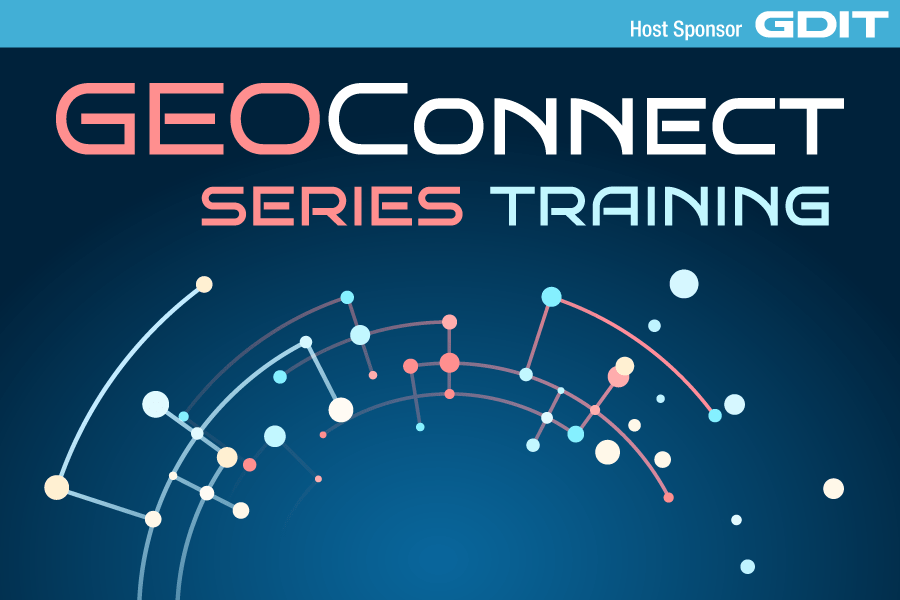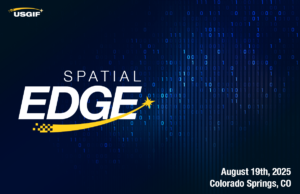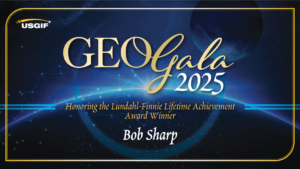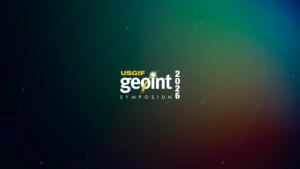
Introduction to Geospatial Intelligence: Present and Future
This training begins an accelerated journey to Geospatial Intelligence (GEOINT) – for the present and future.

Overview:
This training begins an accelerated journey to Geospatial Intelligence (GEOINT) – for the present and future. In a straightforward way, the program will explain “What makes GEOINT GEOINT?” and explore how the profession uniquely applies established geospatial science and technology to serve timely government and business decisions at local, regional, national, and international levels. You will explore a framework showing how geospatial technologies and tradecraft converge to help solve complex problems by revealing human intent, denial and deception, and foretelling future actions to provide actionable decision advantage. Through several recent stories, you will see how intelligence methods are applied in a geospatial context.
Presenters:
- Dr. Camelia Kantor, USGIF
- Mr. Jack O’Connor, Johns Hopkins University
- Dr. Robert Clark, Author & Former CIA Senior Analyst and Group Chief
- Dr. Todd S. Bacastow, Pennsylvania State University
Who should attend:
This training is appropriate for a wide audience, from college students exploring GEOINT as a career field, to entry-level professionals, and even experienced GEOINTers interested in refreshing their foundational knowledge and contributing to an ongoing conversation about what makes GEOINT unique. The training builds upon and furthers the USGIF’s public service educational purpose. This training will be followed by future releases of GEOINT individual modules that provide more in-depth background as well as theoretical and practical course materials.
Training objectives:
At the end of this training, attendees will be able to:
- Describe the impact of geospatial intelligence.
- Explore a simple GEOINT model by Envisioning, Recording, Discovering, Comprehending, and Tracking.
- Examine modern tools and traditional concepts used to produce geospatial intelligence.
- Envision being part of the future of geospatial intelligence.
Prerequisites:
No technical background is required to participate the course, so any level of student will be accepted. Participants must be prepared and willing to engage in a free-wheeling exchange of views to analyze provided examples and “imagine the future.”
Time: 2 hours
Certificates of Participation (with PDUs) will be offered to all attendees free of charge.





